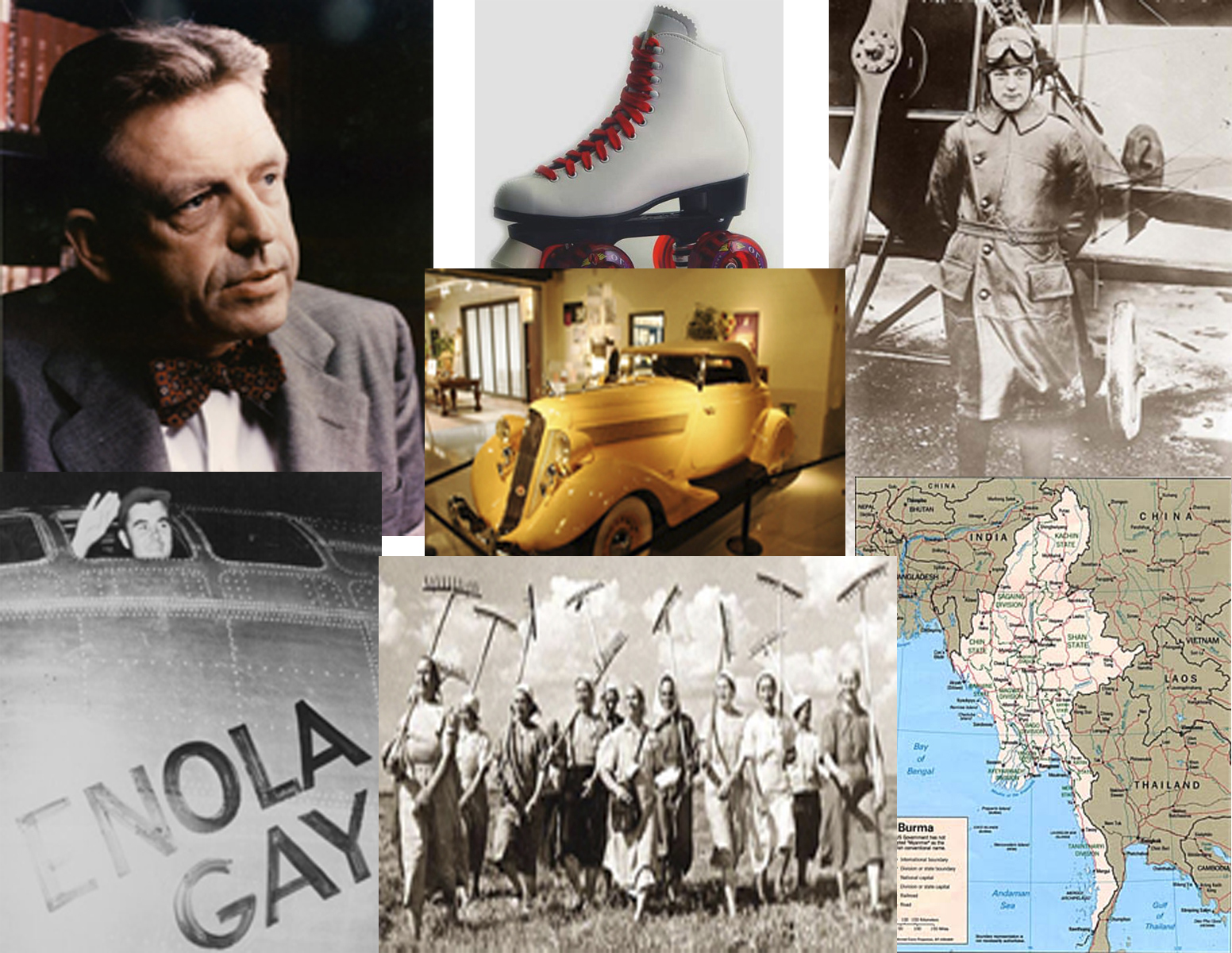101. Biography: William Fortune, 1986 2 Interviews
Indiana University Center for Documentary Research and Practice.
The central focus of this project is the life of William Fortune, who lived from 1863 to 1942. Interviewees are the daughters of Indiana businessman William Fortune, a friend and father-in-law of Eli Lilly. They tell about their life in Indianapolis at the turn of the century and offer recollections of associations with famous people like the Lillys and James Whitcomb Riley.

